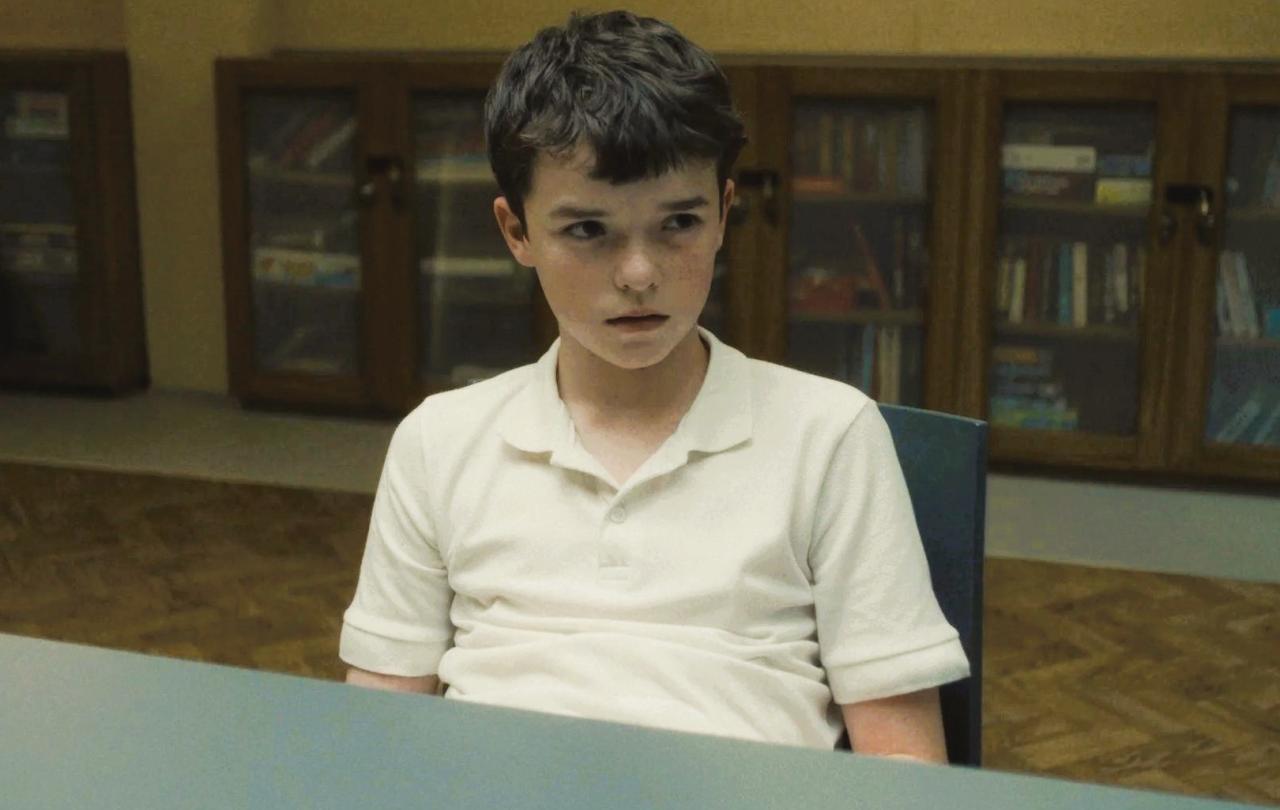
The BBC’s four-part drama-documentary about the life and crimes of Jimmy Savile, The Reckoning, concluded. And the media caravan moves on.
Its reviews have been mixed, to say the least. You may have got the gist of them: Steve Coogan was brilliant as Savile. But why would he do it? Other actors around him were equally good, if not better. The BBC was either brutally honest or self-exculpatory about its enablement of the monster. I particularly noticed a review line that emerged which hoped the BBC would concentrate on its safeguarding, rather than gather material for its drama department
There’s a case for taking a breath after the television reviewers have completed their work, of asking what we are left with after all this and whether there is a bigger picture than the one our television screens contained.
The first window I want to look through is the church one forever stained by the hideous image of child sexual abuse. Those priests who over recent years have been exposed for these heinous crimes were not, unlike Savile, celebrities. They weren’t as often, like him, committing them in plain sight. But all child abusers, as adults, occupy a position of trust, either as family members, teachers, people of power or as priests, and they abuse that trust as they abuse their victims.
I have had direct experience, as a parish priest, of two instances of child sexual abuse. In both instances, the clergy who abused are long dead. It may go without saying, but in both cases I have witnessed how the victims, now in late middle-age, have had their lives ruined as a consequence, how nothing can really be healed as such, but how we can only help them to manage.
As for the perpetrators, they’re dead. As with Savile, the knowledge of this leaves a feeling that they got away with it and that justice has not been done, nor importantly seen to be done.
The BBC’s depiction of him had him being tortured, to some degree at least, by his Roman Catholic faith, that he faced consignment to hell for his crimes and that his charitable works were an effort to compensate for his moral turpitude and get him to heaven. This was portrayed partly in a tentative fumbling for absolution in the confessional box.
There’s no way to know whether that’s an accurate telling, but it’s not consistent with my memory of the conduct of his final years, nor with that of the period after his death in 2011, as evidence of his crimes emerged. That time was characterised more by intimidation of journalists with lawyers and calling in favours from police. Being in denial seems to have been more likely than being in the confessional space.
That may have been true of abusive priests too. But it’s axiomatic also of a means to evade justice. One can only hope that they have faced divine judgement. But, then, who throws the first stone?
I refused to watch it on the grounds that I feared it fell into a TV category that could bear the file name “true-crime titillation”
I want to turn to another aspect of the reviewing cycle of The Reckoning: Should it have been made at all? This is not the question of whether it should have been made by the BBC, which harboured Savile’s career, but whether drama should be made out of the most atrocious of crimes.
A very little over a year ago, Channel 5 screened Maxine, a three-part drama miniseries based on the murders of 10-year-olds Holly Wells and Jessica Chapman in Soham at the hands of Ian Huntley, ostensibly from the viewpoint of his girlfriend Maxine Carr, unwittingly coerced into his attempted cover-up.
I refused to watch it on the grounds that I feared it fell into a TV category that could bear the file name “true-crime titillation”. I also felt that the twentieth anniversary of the murders was too soon for these events to be revisited for dramatic purposes.
I want to re-visit those opinions now, in light of The Reckoning. Savile was not a murderer, but he destroyed children's lives. It’s important, ultimately, that we know about him and of what he was capable. I have written recently, with regard to a documentary screened on Channel 4 about the Holocaust in Ukraine, that we don’t have the moral option nor the luxury of looking away.
So this: Hats off to broadcast journalists and dramatists who face up to the darkest of crimes and human nature. Journalists show us (or should try to) that it’s really there. And it’s valid territory for drama producers, because it makes us think about it, if not understand it. That’s what drama does, or is supposed to.
Finally, we acknowledge from dramatised events, perhaps, that no one is defined by a single aspect of the lives they lead. From this, we might pray that they (and we) may be forgiven somehow, by someone, simply because we can’t.





